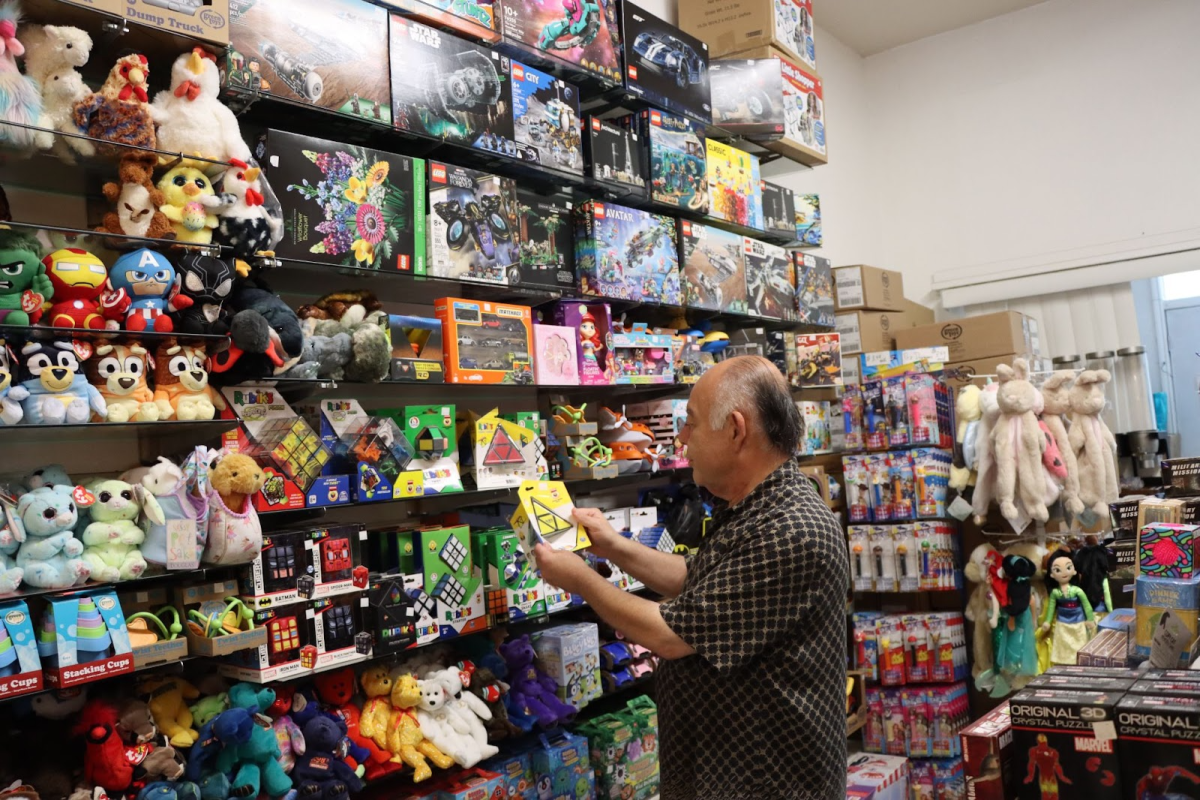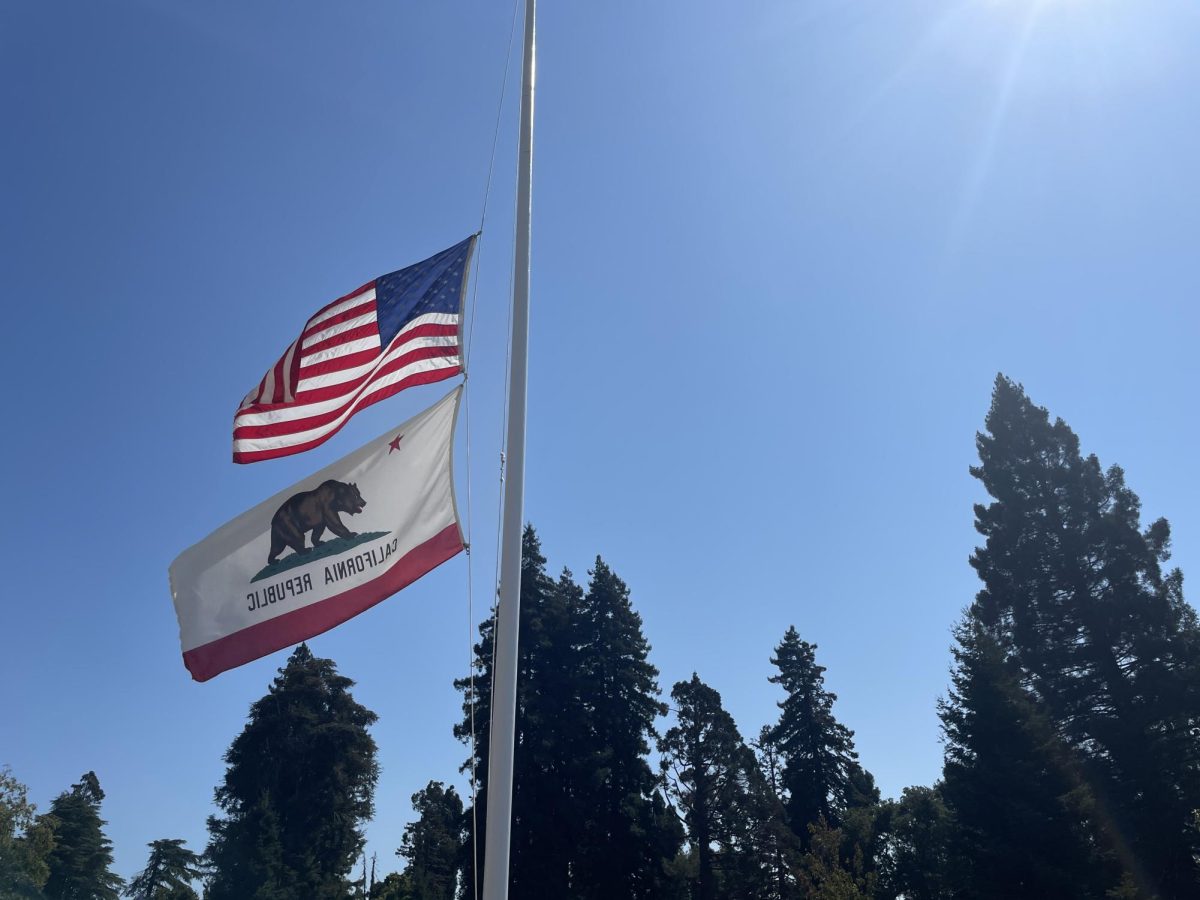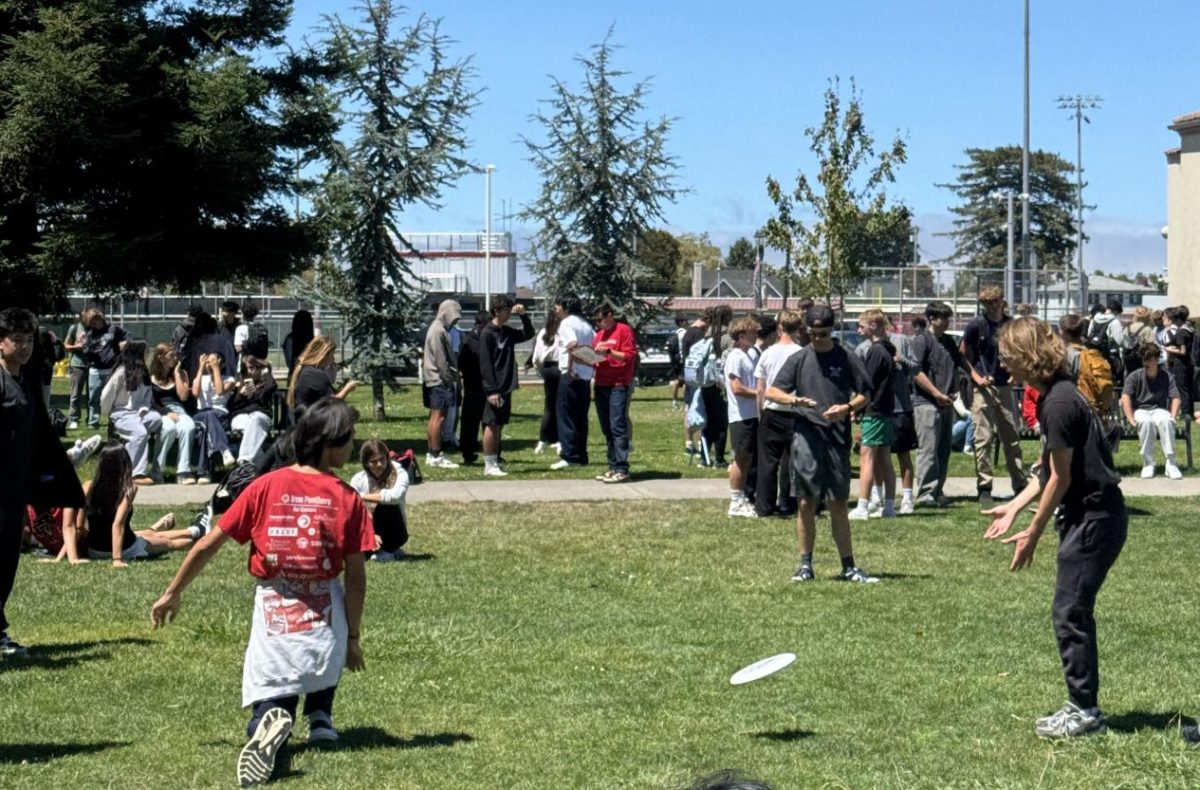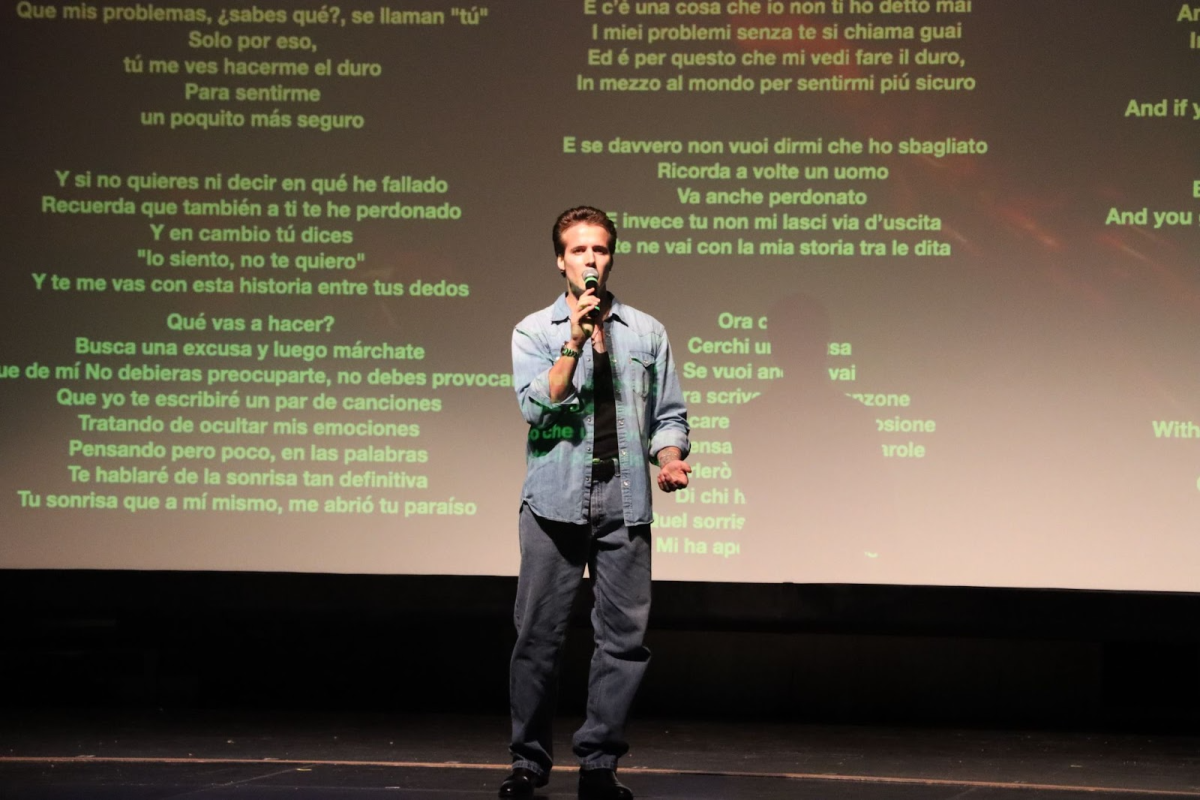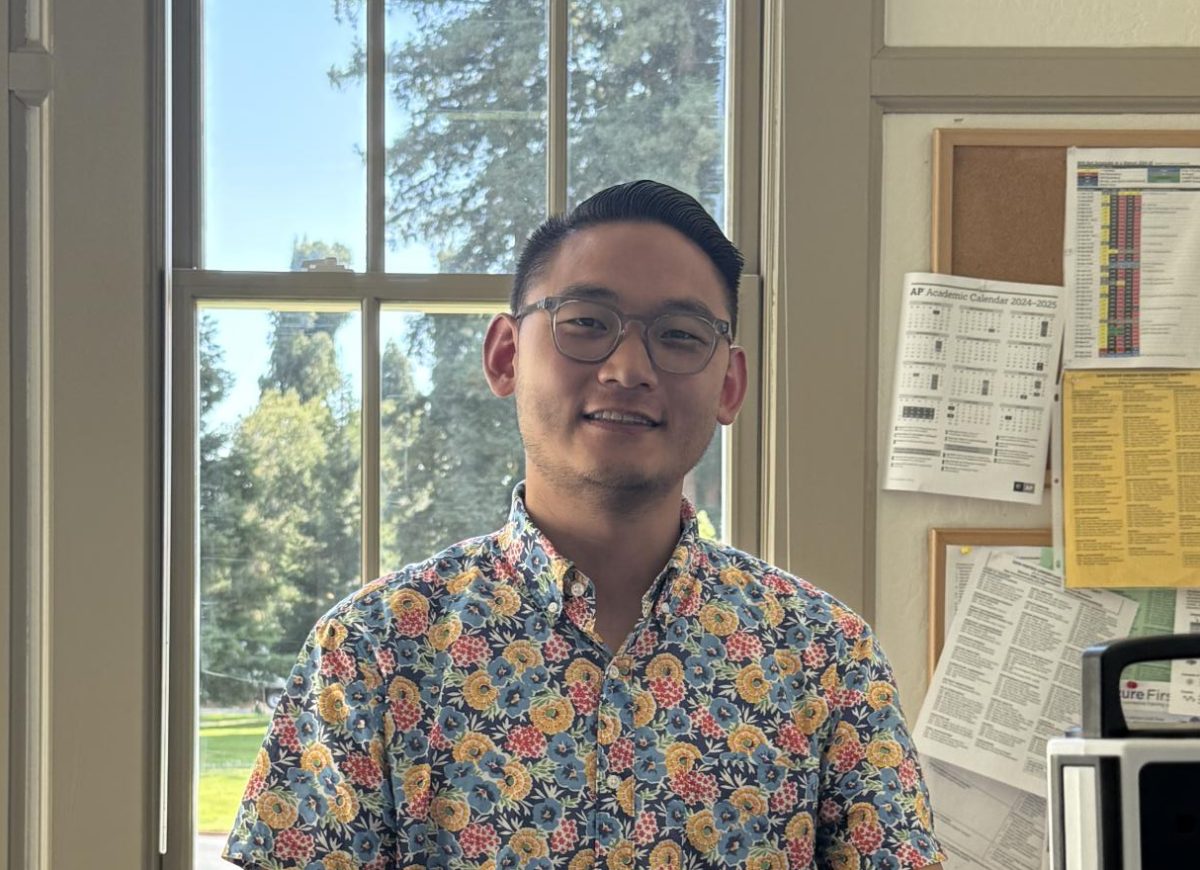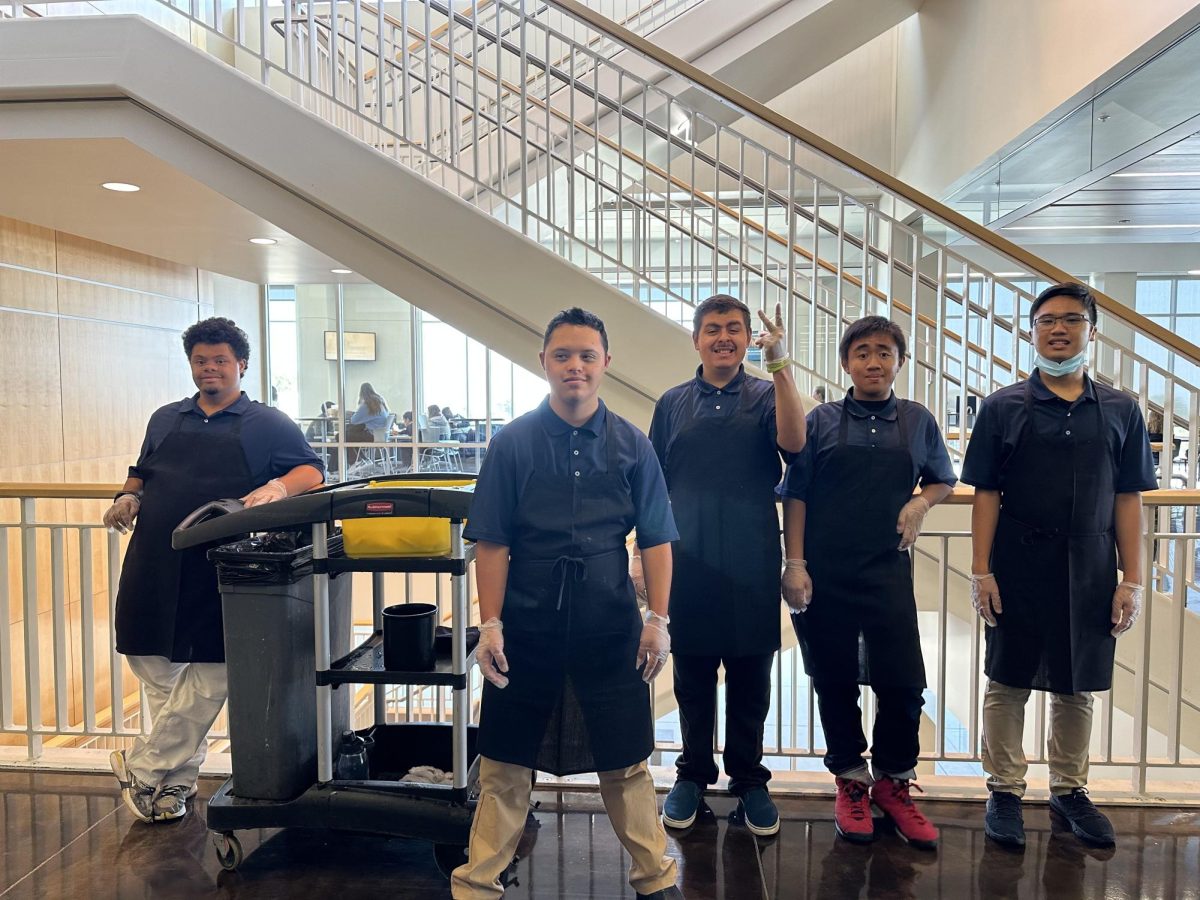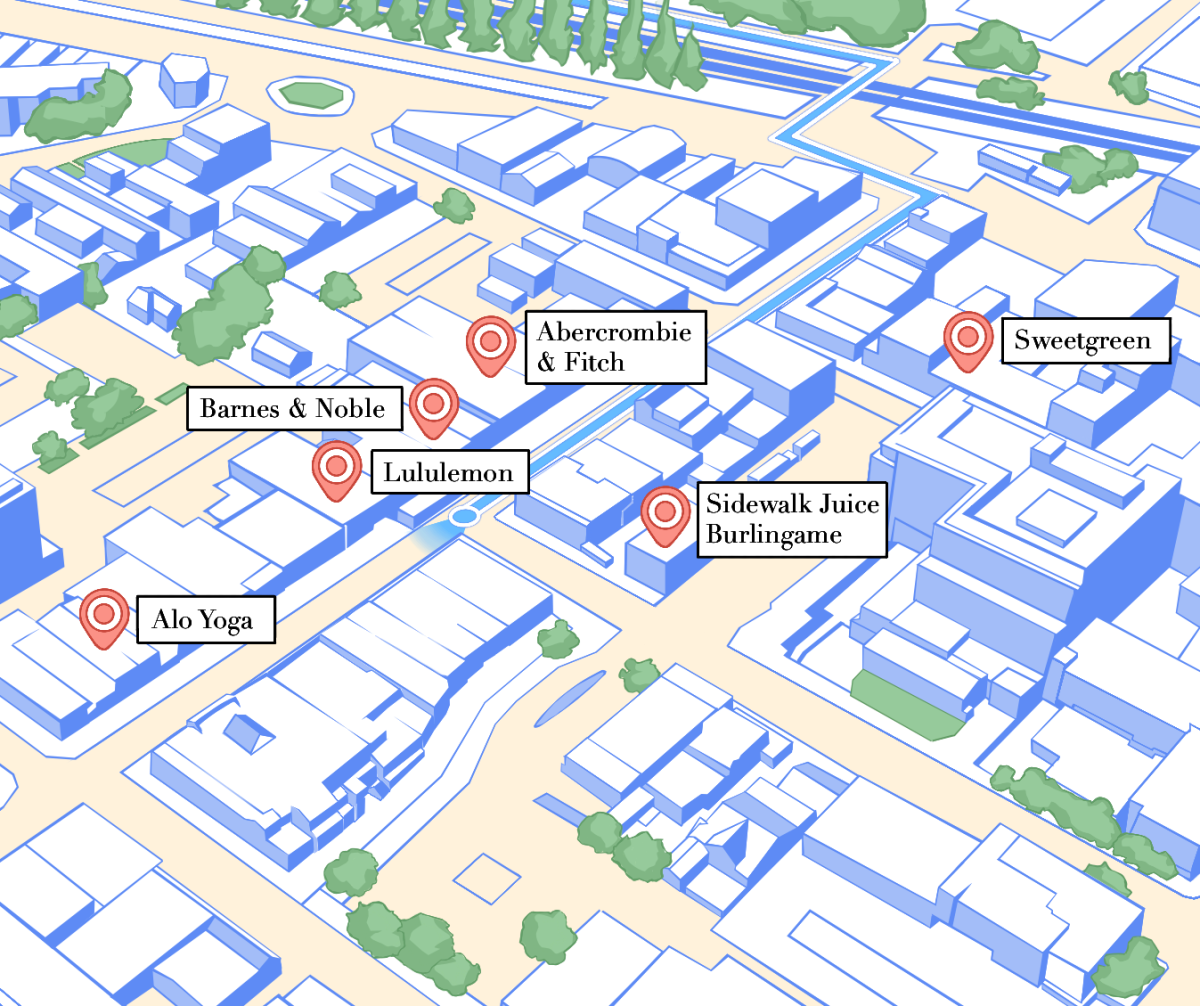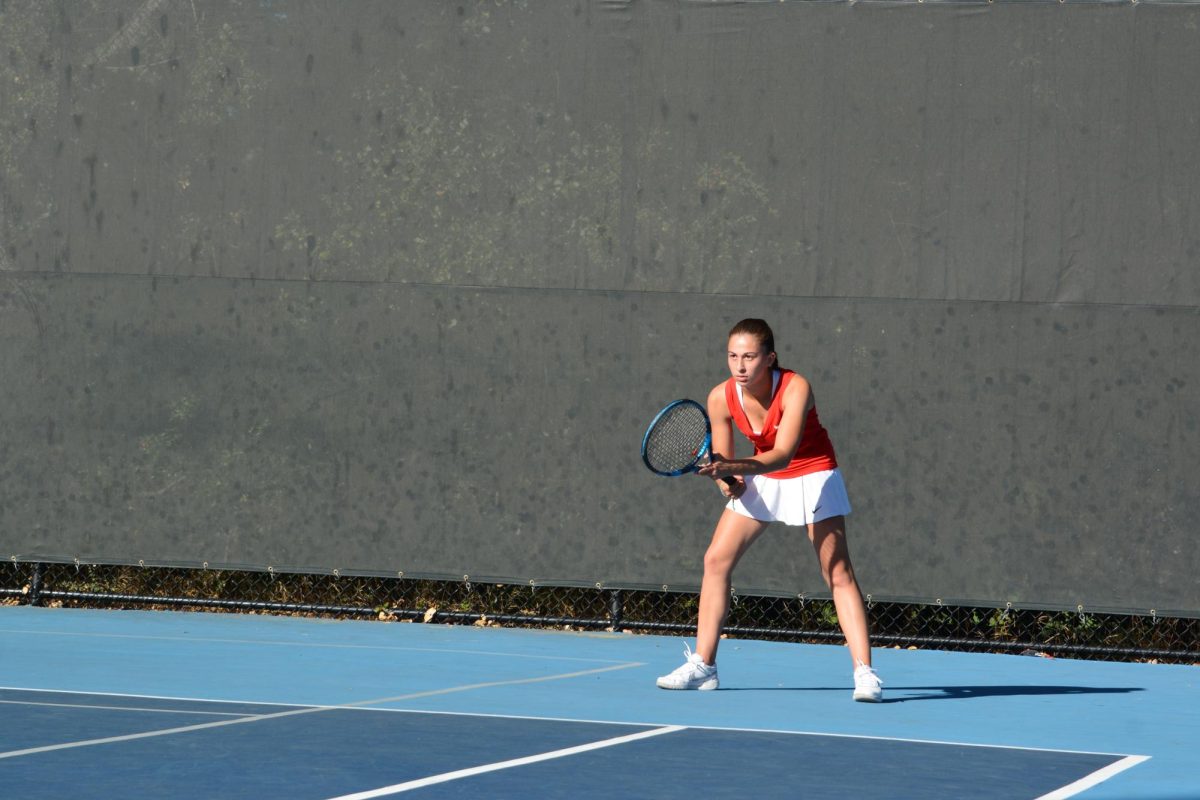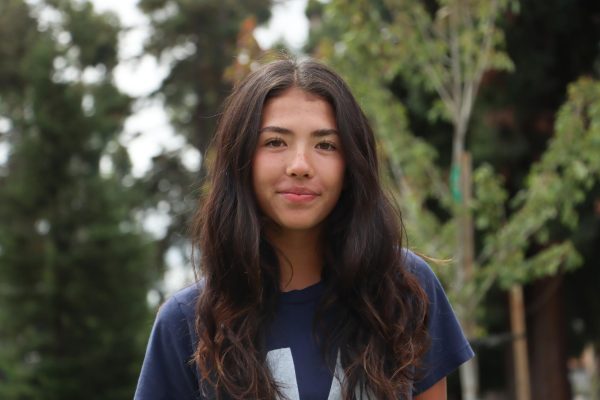At the end of the 2022-23 school year, Bay University was all set to head into yet another successful year of its adult transition program, which is designed to help college-age students with intellectual disabilities prepare for the working environment. However, Special Education teacher and adult transition lead Jared Abbott wasn’t satisfied with the status quo and implemented plans to take their program to the next level.
More specifically, with the help of two other adult transition teachers, Abbott created Bay Quest, an opportunity for Bay University students to take classes on the College of San Mateo (CSM) campus.
“Since all of the adult transition programs are currently housed on high school campuses, our director as well as all the adult transition teachers wanted to place our students in a more age appropriate location, and a community college just kind of seemed like the best place for that,” Abbott said. “So we wanted to give students their first experience within community college classes.”
Currently, Bay University has seven transition classes within the San Mateo High School District (SMUHSD), intended for students between the ages of 18 and 22. Now, however, students can spend the first two years in the Bay University program at Burlingame and then dual enroll at CSM through Bay Quest for their last two years.
“Firstly, we interviewed our students to gauge which students might be interested in coming up. We definitely want Bay Quest to become like a culminating experience within the Bay University world where they’re pushing themselves or challenging themselves,” Abbott said.
The applicant qualities that Bay Quest students should have before enrolling include alertness and stamina, being able to ask for help when needed, personal motivation and willingness to grow.
Students must also have a sense of navigating the campus, as well as technology and commuting skills.
With the implementation of Bay Quest, Bay University students gain autonomy in their educational journey, developing not just their academic ability but social and work skills, along with independent living skills through flexible education plans. While students are not required to attend Bay Quest, it offers a unique experience for students ready to take the next step in their education.
“I think of it as like one more tool in the tool shed, with the students having IEPs,” Lead Adult Transitioner Jenna Smith said. “While we’ve had kids take classes at community colleges from our programs, it’s nice for them to be able to have an all day experience,”
Instead of taking courses such as math and science, the students are enrolled in more skill-based courses that equip them with work experience. Students attend CSM classes two days a week, spend two days at work sites and Fridays designated as “Flex Days” where students can work on homework, field trips and community building.
“Some of my students are even working three days a week kind of just depending on what classes they’re taking at CSM,” Abbott said. “The beauty of community college classes, is that it leaves the flexibility on the other three days [the students aren’t in class] to create work experiences for them,”
Beyond gaining access to the CSM campus, Abbot has also worked to find connections for Bay University students in terms of volunteering and job opportunities — previously unfamiliar territory.
As expected, the students must meet deadlines to enroll in classes, but ensuring multiple students meet every academic registration deadline has been a significant obstacle for Bay Quest. But the positives of the opportunity outweighs any of the troubles faced.
“The independence increase has been really amazing to see. I have some students taking public transportation to CSM for the first time in their lives. Students navigating campus independently has been pretty awesome,” Abbott said. “I also have to say the CSM professors have been unbelievably wonderful to work with and very receptive to working with our students in our population.”
Due to the successful and positive outcome of the program this year, Abbott will continue the course for next year with six graduating students, three returning students and seven incoming.
“We’re continuing to make new partnerships up here at CSM. Between them, the Athletic Center, the Student Center, the cafeteria, it’s been nice to see our students becoming involved in the different departments and buildings on campus,” Abbott said.



